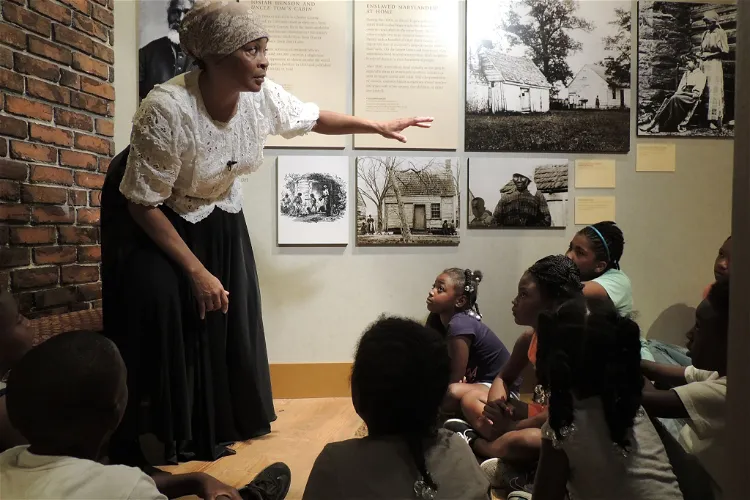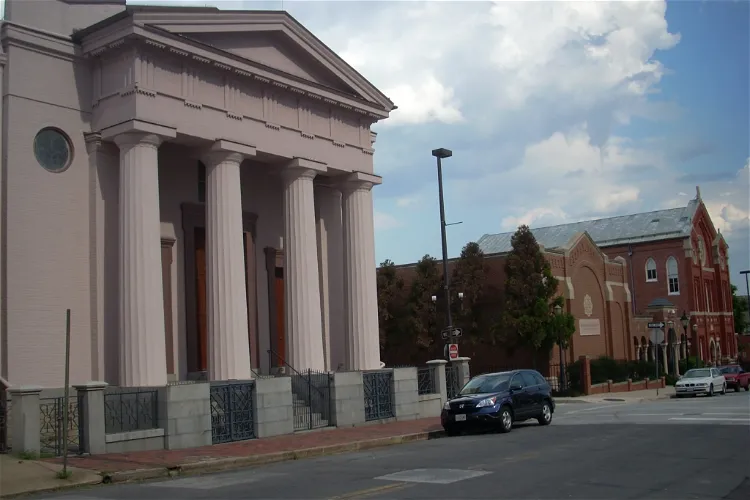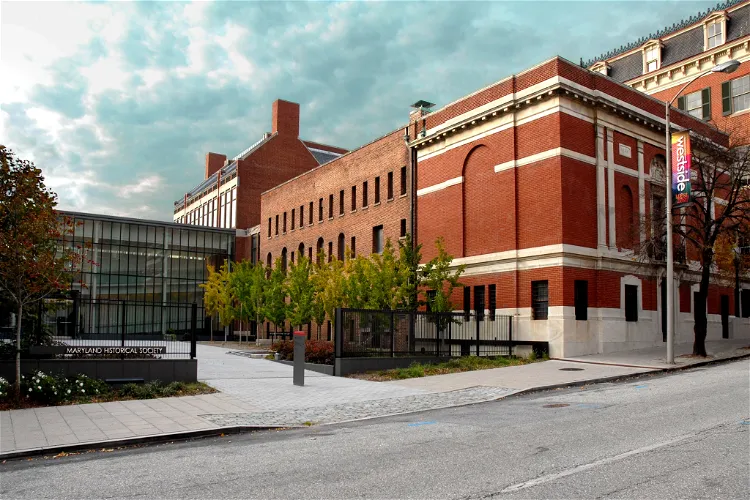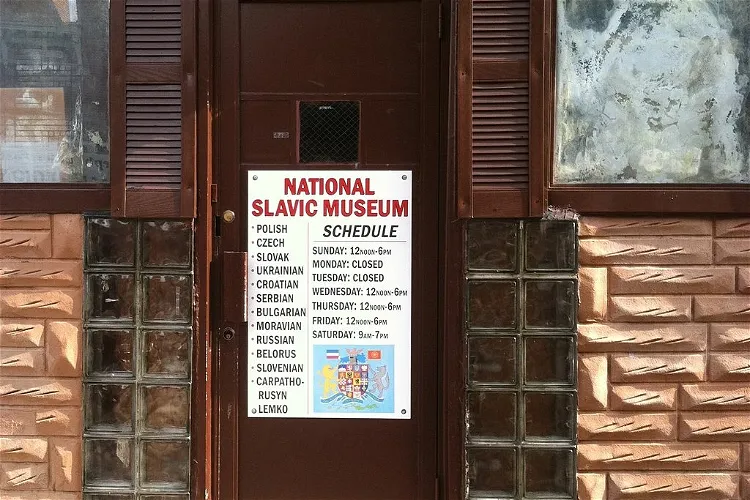Are you interested in learning about different cultures and their histories? Here are the ethnology museums to visit in Baltimore:

Reginald F. Lewis Museum
Baltimore, MDThe Reginald F. Lewis Museum of Maryland African American History & Culture serves as a comprehensive resource for understanding the lives and history of African American Marylanders. The museum's mission is to collect, preserve, interpret, document, and exhibit the contributions of African American Marylanders. It provides a unique opportunity for visitors to delve into the rich history and culture of African Americans in Maryland.- 2
Great Blacks In Wax Museum
Baltimore, MDThe National Great Blacks in Wax Museum, located in Baltimore, Maryland, is a unique institution that showcases prominent African-American and other black historical figures through wax figures. This museum provides an opportunity for visitors to learn about the significant contributions and roles these figures have played in history. 
Jewish Museum of Maryland
Baltimore, MDThe Jewish Museum of Maryland, situated in Baltimore, Maryland, United States, is a significant cultural institution that narrates the American Jewish experience in Baltimore and throughout Maryland. This museum is not just a repository of artifacts but a storyteller that brings to life the rich tapestry of Jewish history and culture in the region.
Maryland Center for History and Culture
Baltimore, MDThe Maryland Center for History and Culture is situated at 610 Park Avenue in Baltimore, Maryland. Since 1919, the center has been housed in the Enoch Pratt House, a historic building with its own rich history.
Irish Railroad Workers Museum
Baltimore, MDThis site commemorates the history of Irish immigrants in Baltimore. You should surely pay a visit if you have Irish blood in your veins.
National Slavic Museum
Baltimore, MDThe National Slavic Museum, located in Fell's Point, Baltimore, is a cultural institution dedicated to preserving and showcasing the Polish and Slavic heritage of Baltimore. The museum offers a unique opportunity to explore the rich history and traditions of these communities, providing a deeper understanding of their contributions to the city's cultural fabric.